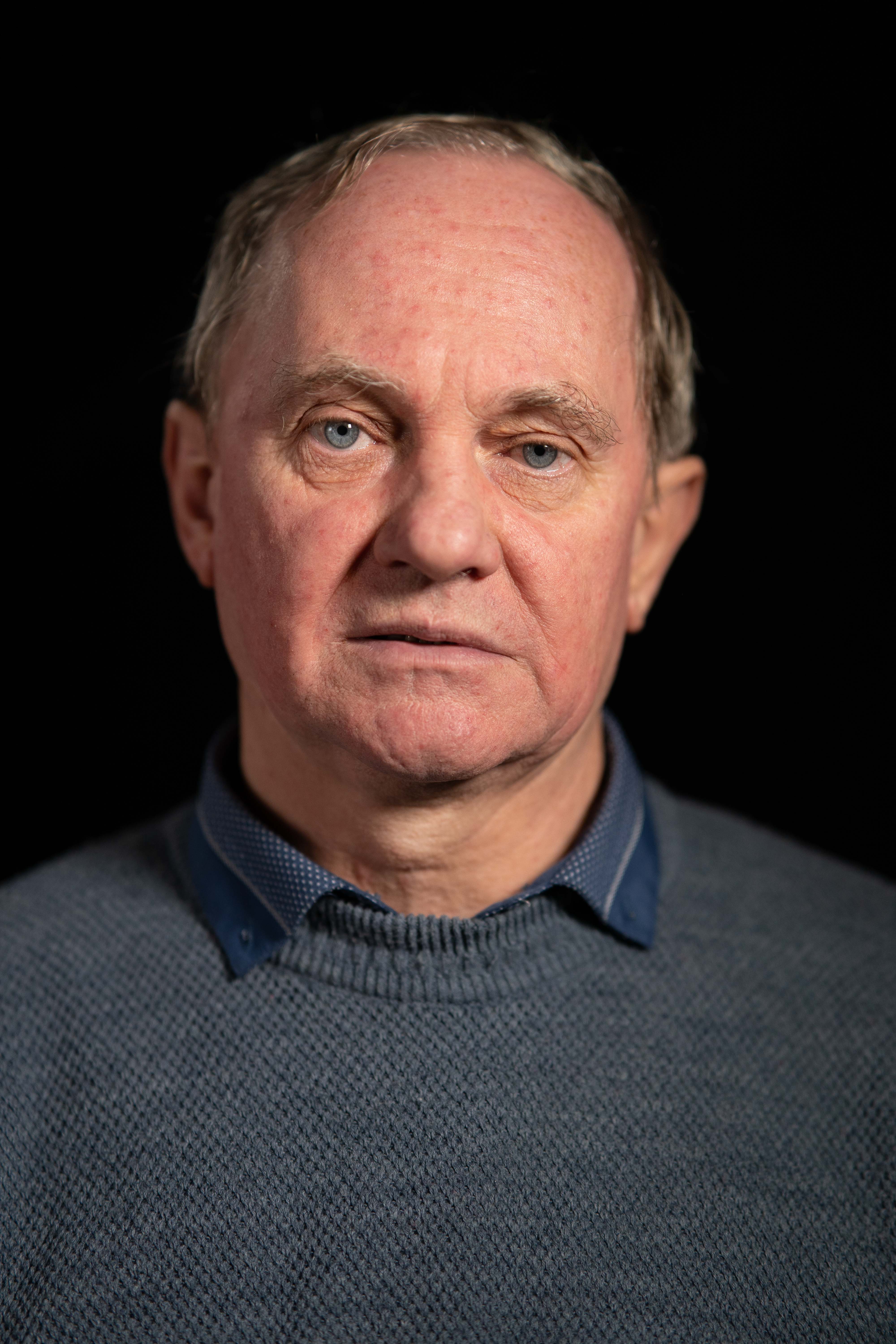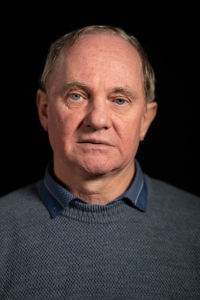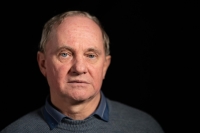As long as the last Czech remains here, I will remain as well

Stáhnout obrázek
Josef Přelouček was born on 20 March 1962 in Eibentál (Eibenthal), a Czech village in Romanian Banat. His father František worked as a miner in the anthracite mines in the neighbouring village of Nové Doly (Baia Nouă in Romanian), As a result of the harsh working conditions he became ill and died at the age of 44 of lung disease - silicosis. At the time the witness was only four years old and grew up on a small farm alongside his three-years-younger brother Václav, together with their mother Kateřina. In Eibentál he completed eight years of school, where teaching was exclusively in Romanian. His childhood wish was to become a priest and he was an altar boy at the local church consecrated to St. John of Nepomuk. After eight school years he continued studying another two years in Orșova (Oršava) and later completed the preparatory priest’s seminary in the town of Alba Iulia. After successful secondary school graduation he studied at the theological faculty, completing those studies in 1988. In Eibentál, on 26 June that year he celebrated his First Mass. Between the years 1988–2003 he worked in the parish of Moldova Nouă (Nová Moldava), he was suspended for a short period for refusing to transfer to Gerník and subsequently served as a Roman Catholic priest near the Hungarian border. After replacement of the diocesan bishop, from 2018 he returned to Gerník, whose parish also includes Bígr (Bigăr), Rovensko (Ravensca) and the mixed-nationality Berzasca (Berszászka) and Lubková (Liubcova). At the time of recording he was living with his mother in Gerník (2021).

